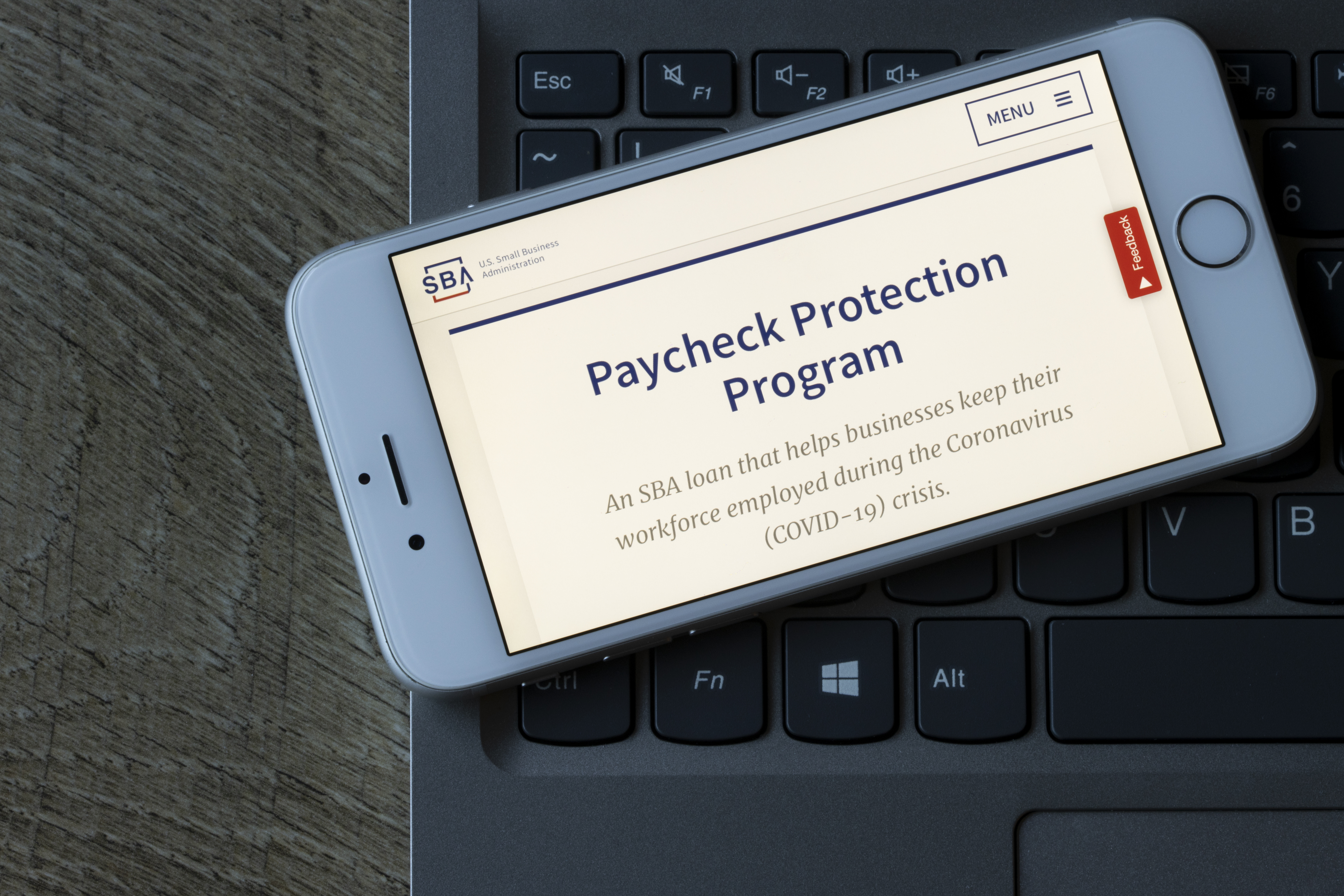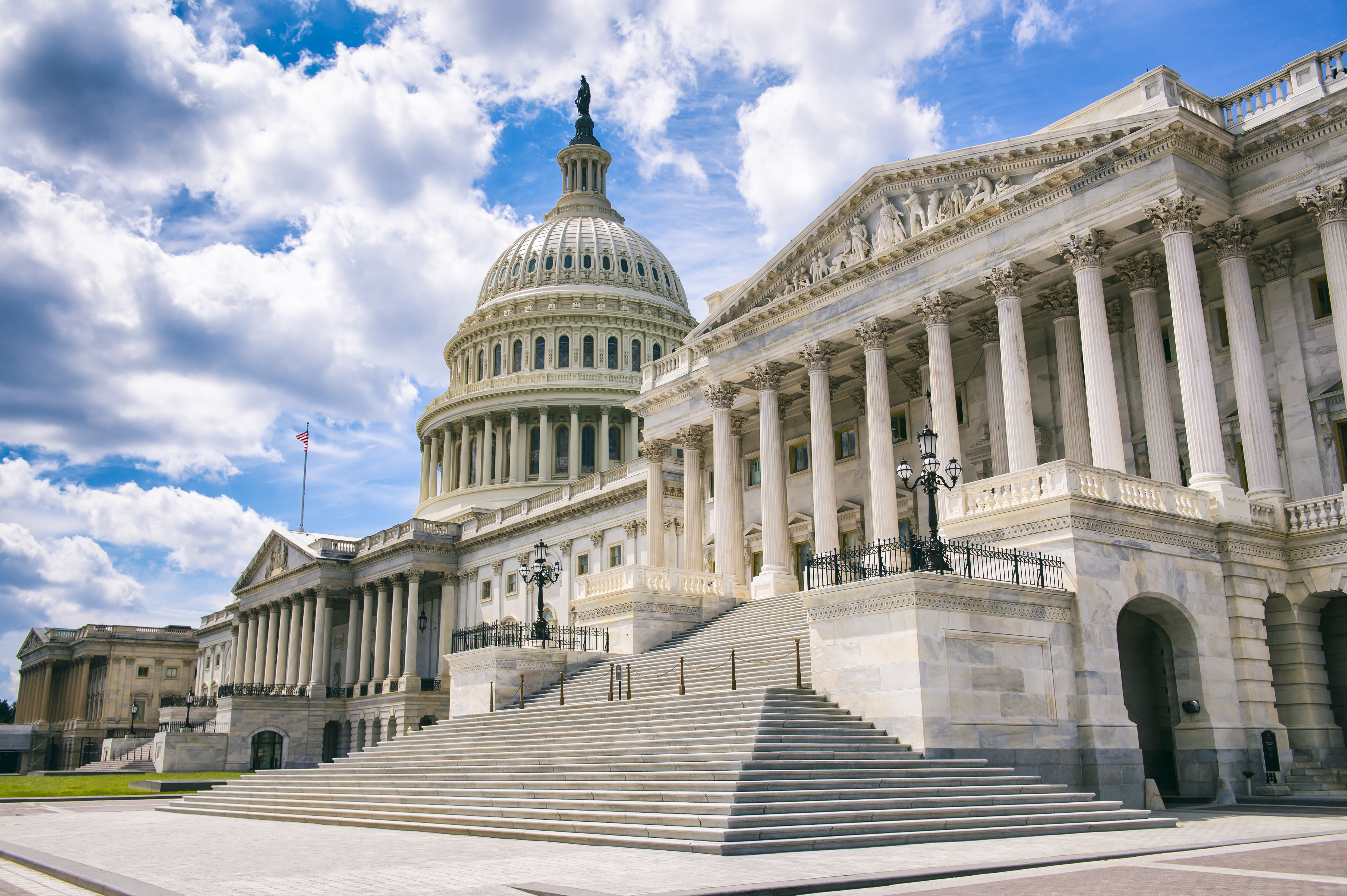"Benchmarking" is the process of measuring the products, services, processes, and financial performance of one company against those of similar companies that are known to be leaders in one or more aspects of their operations. Benchmarking provides necessary insights to help you understand your company’s position and performance within the industry and even across industries, and further helps you identify specific areas, systems, or processes in which your company can improve.
The pandemic has changed the work landscape dramatically, and for many companies—as many as 70% according to a recent study—the massive transition to remote and hybrid work is here to stay. Remote work has many benefits for both employees and employers, but these benefits come with some major compliance requirements. With remote work policies varying from state to state, navigating key issues like tax compliance, workers compensation, payroll compliance, and insurance coverage can be complicated—especially when employees are working remotely in different states than the company’s headquarters location.
The use of a company vehicle is a valuable fringe benefit for owners and employees of small businesses. This perk results in tax deductions for the employer as well as tax breaks for the owners and employees using the cars. (And of course, they get the nontax benefit of getting a company car.) Plus, current tax law and IRS rules make it even more beneficial than it was in the past.
Like the rest of the country, we have been waiting to learn what President Biden’s federal tax proposal will look like, and how it will impact individuals and businesses. On October 28, 2021 Biden announced a new version of the Build Back Better (BBB) framework that outlines spending provisions of $1.75 trillion over ten years, and revenue offsets of up to $2 trillion during that time period.
On a list of things you like to do, paying bills likely ranks somewhere near the bottom. Which is not surprising since it's time-consuming, prone to errors—especially if paper is involved—and fixing mistakes can be challenging at best. Not to mention the security and fraud concerns associated with sending checks in the mail.
Are you spending too much time trying to keep track of your cash flow? Many business owners are choosing to streamline their processes by working with a Client Accounting Services (CAS) team, a group of specialized accountants who provide a tailored suite of services to simplify your accounting processes.
Are employees at your business traveling again after months of virtual meetings? In Notice 2021-52, the IRS announced the fiscal 2022 “per diem” rates that became effective October 1, 2021. Taxpayers can use these rates to substantiate the amount of expenses for lodging, meals and incidental expenses when traveling away from home. (Taxpayers in the transportation industry can use a special transportation industry rate.)











